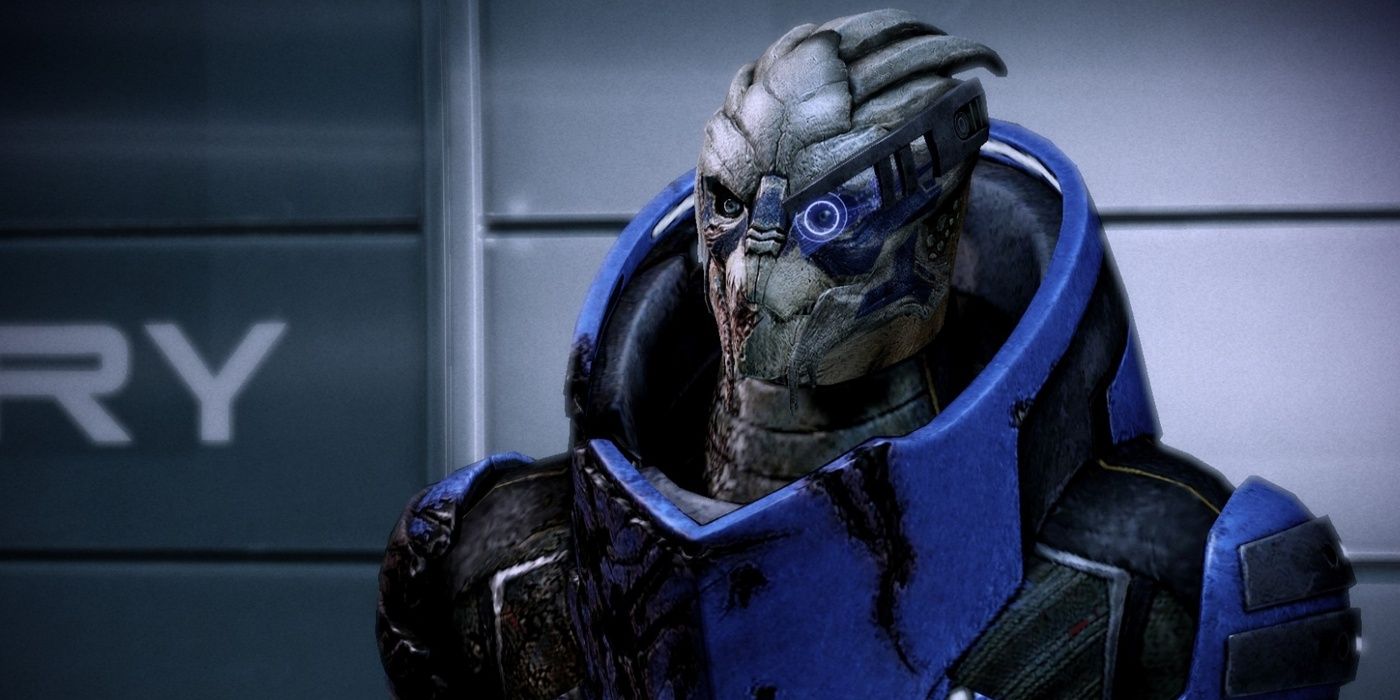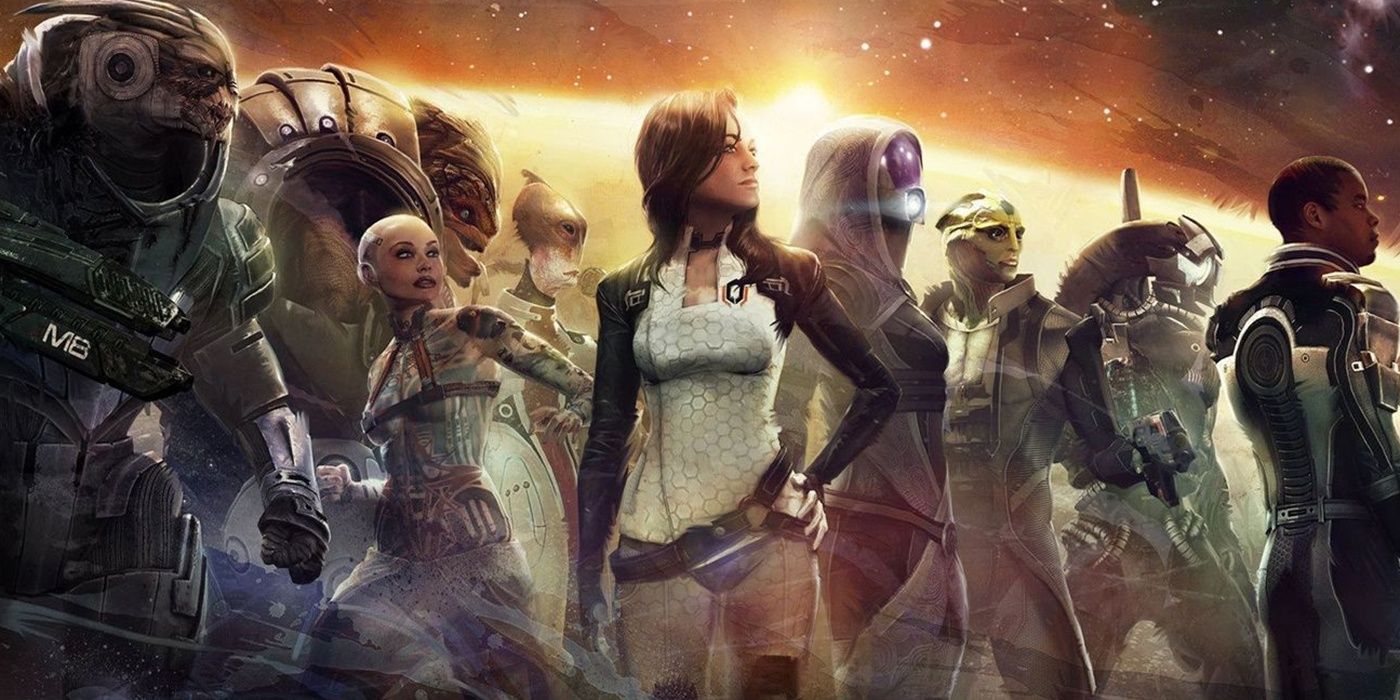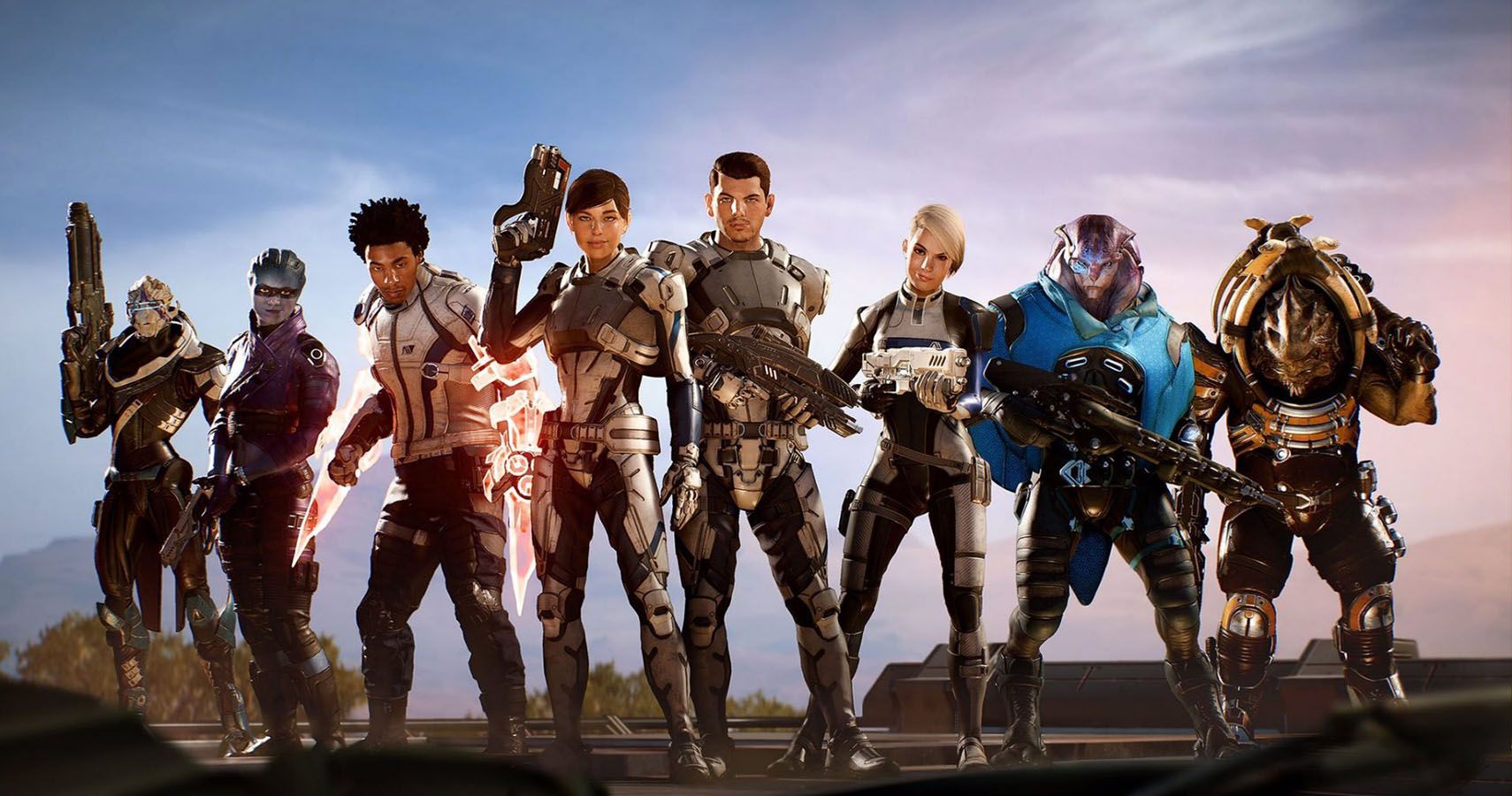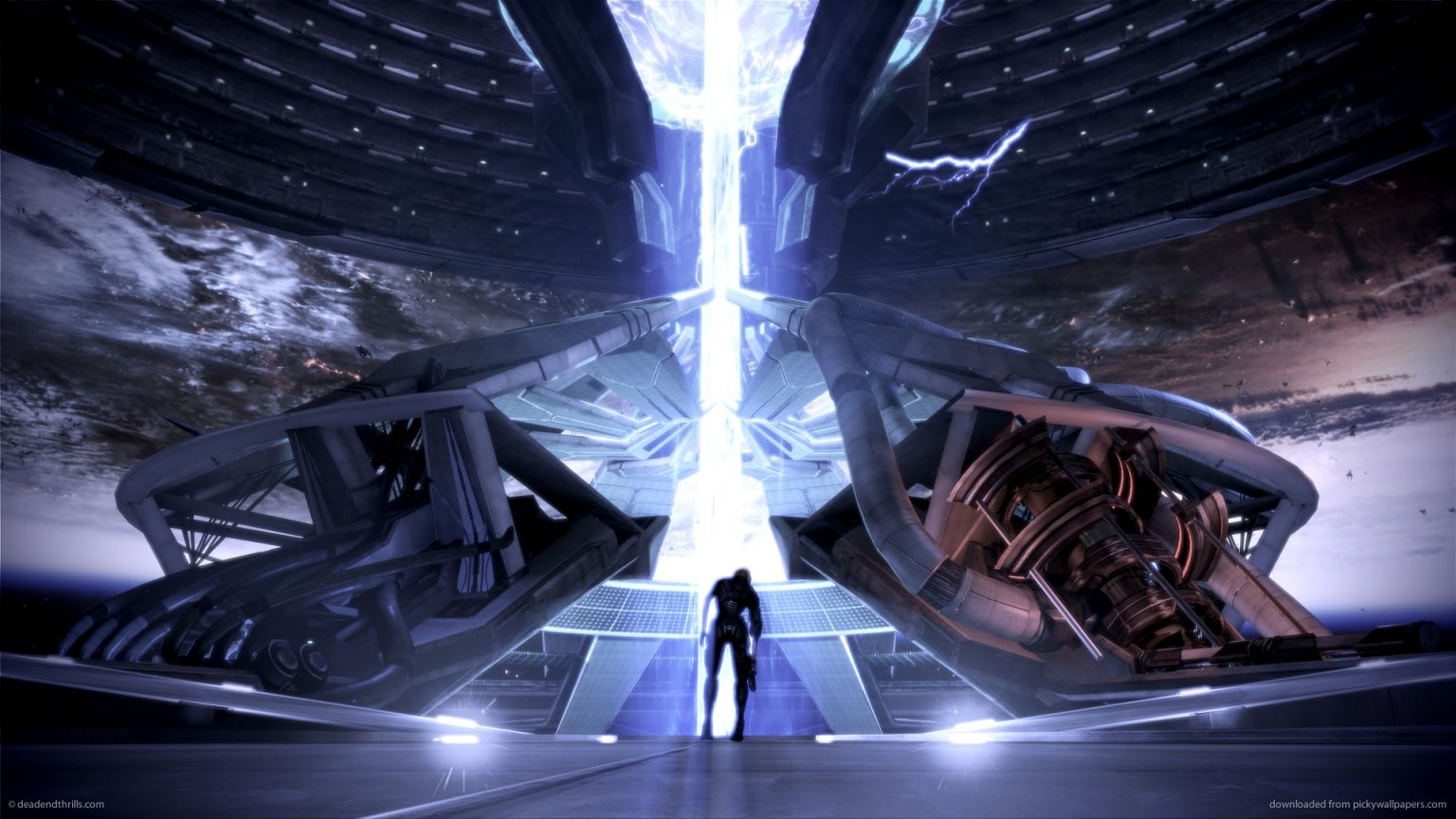The Mass Effect games are known for their squadmates. The relationships Shepherd forms with his or her companions are some of the most interesting and well-developed in gaming, and ones which many other RPGs could stand to learn from when writing their characters. With the poor reception of Mass Effect: Andromeda still a recent memory, however, many fans are concerned about the development of Mass Effect 5, and whether or not its companions will be able to live up to the original games' legacy.
The original Mass Effect trilogy casts a long shadow, and BioWare will need to be careful to ensure that Mass Effect’s future has the same bold originality as its past. As the early development for Mass Effect 5 continues, BioWare will need to make sure that the game does not have the same party dynamic as the original, taking a step away from some of the comfortable and iconic races already established in the series to explore new interesting possibilities.
Why the Original Companions Work
Part of the difficulty in getting the companions in future Mass Effect games to work as well as in the original trilogy is that the companions players met in Mass Effect 1 also helped serve as an introduction to the world. Garrus Vakarian, for example, is one of the player's only real personal connections and opportunities for insight into the entire Turian species, despite them being ubiquitous as soldiers across the galaxy.
Similarly, much of Tali’s characterization is tied to her being a Quarian and having to wear a permanent hazmat suit - if Mass Effect 5 were to include a Quarian squadmate, part of the character concept itself would feel rehashed. While more layers are revealed to the characters as the story progresses, the species differences help them to stand out as crew members at the beginning of the game and motivate the player to learn more about them.
Not only that, but it's likely the original game designed its broader universe around that core of companion characters, with the races of the galaxy being based upon the designs which the developers came up with for the crew members. We can see evidence of this throughout the development of the original series. For example, Tali's design in Mass Effect was likely done with her specific characterization in mind, and then the rest of the Quarian species was designed around those principles.
One of the problems Mass Effect: Andromeda faced was creating new characters who were the same species as some of the ones already revealed in the Mass Effect universe, while keeping those characters feeling unique. Part of the effect was the game ending up with characters that felt more distinct from their species’ characterization as a whole, like Peebee, who is far blunter and adventure-seeking than the solemn and intellectual Asari seen through most of the original trilogy.
The unique characterization works, but ultimately makes the character’s species far less interesting than in the original trilogy, where a huge part of exploring the universe was finding out about its races and cultures through player's squadmates. Garrus stands out, at once allowing insight into Turian culture but simultaneously being a rebel against it, and more relaxed than most other Turians players meet across the Milky Way. The dynamic between Garrus and Shepherd almost owes as much to buddy-cop movies as it does science fiction, and the temptation to give Mass Effect 5’s protagonist a similar lieutenant will be very tempting.
Lessons from Andromeda
If Mass Effect is going to move forward as a franchise without feeling derivative, then BioWare will need to figure out a way to make the companions in its next game play the same double role as the companions were able to in the original trilogy. These new companions will need to offer the player new insights into the cultures and species of the Mass Effect universe as well as being interesting characters in their own right.
It is no coincidence that Jaal Ama Darav was the favorite companion of many Mass Effect: Andromeda players, and was also the only squadmate to be from a species newly introduced in that game, the Angara. As a result, his story feels far more tied to the rest of the narrative, and players feel more compelled to learn about him in order to learn about the world, forming a natural relationship with the character along the way.
The other squadmates in Andromeda end up filling the same role that many found tiresome from Kaiden and Ashely in Mass Effect 1. They are familiar, and while they have their own personalities, they are less interesting because they offer us less insight into the world, instead representing what we already know about it. As it applies to humans in the original trilogy, so too does this now apply to the main Citadel species featured in the original Mass Effect trilogy.
Andromeda for all its flaws made the right call taking Mass Effect to a whole new galaxy, and would have been more interesting if it had committed to that concept, even more, giving players more totally fresh and unfamiliar faces and races in this new part of the universe. BioWare was bold enough to do it with Mass Effect 1 and they need to be bold enough to do so again if the series is going to explore new depths that could revive interest in it, rather than the new games feeling like they are trying to recapture the success of the original Mass Effect trilogy.
The Future of Mass Effect 5
Most Mass Effect 5 players will have either played another Mass Effect game or will at least be familiar with some of the iconic races in Mass Effect. BioWare needs to be as adventurous with its next step in the Mass Effect trilogy if the game is going to succeed and feel as fresh as its first outing. Without providing players with new and interesting companions through which they can learn about an entirely new part of the universe, Mass Effect risks looking generic in comparison to some of the RPG tropes its original trilogy helped establish.
Unless Mass Effect does this, then the new games produced in the series will continue to live in the shadow of the original trilogy, as they will be unable to avoid direct comparison without giving players a radically new world to explore, one which players have little context for as they did when they started the first game.
Part of what makes sci-fi and fantasy exciting settings for RPGs to begin with is exploring the setting itself, but unless these companion changes are made, most Mass Effect players will already have explored a large amount of the game's setting, in a sense, by knowing a lot about the species they are encountering in their squadmates already, and as a result will feel less motivated to learn more about them.
Mass Effect 5 is in development.




